Vanlife and Freedom Camping is becoming increasingly popular around the world. It's especially popular here in Aotearoa, New Zealand as a way of life and a way of travel. It's an incredible privilege we have to live for free in our vans around the world. Being as eco-conscious as we can in this lifestyle is our way of making the most of that privilege. We thought we would delve in to some eco-conscious vanlife tips to help you out.
As with any form of eco-conscious living or traveling, we practice being conscious of our impact on people, place and planet. It's reducing that impact where you can and making sure that when you leave an impression, it is a positive one. We've outlined a few good starting points below and gone into a few extra steps you can take to up your eco-friendly vanlife game as well!
Be sure to check out our Instagram to follow along with all our vanlife adventures!
Know the Rules Around Freedom Camping Before you Get There
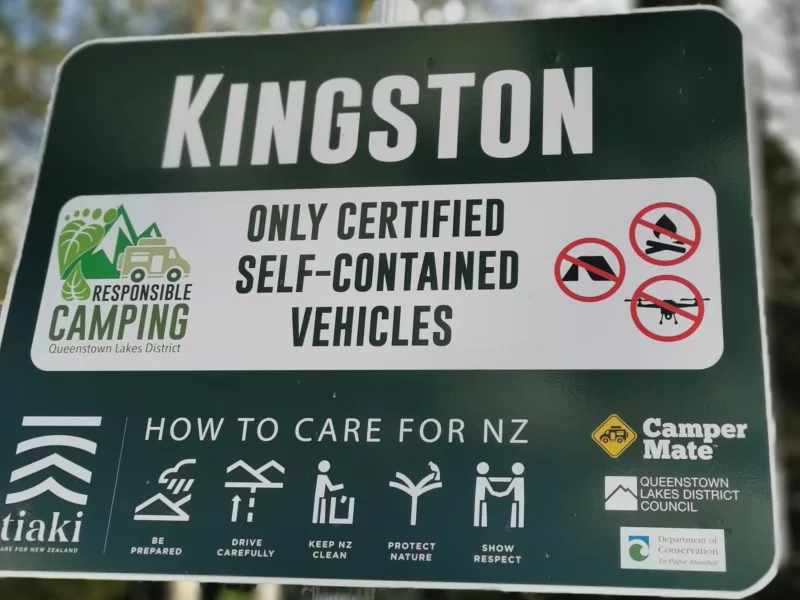
Every country has different rules and regulations surrounding how and where you can freedom camp. In Aotearoa, there are differing rules in every region and even in some towns. So, to make sure you are doing the right thing, you need to do your research every time you enter a new place. We use a couple of different apps to find freedom camps near us. We talk about them here. Normally there are signs at the sites telling you what's allowed and what isn't. If you are ever unsure, check the council website for their rules and regulations around freedom camping.
Don't stealth camp. In New Zealand, there are plenty of legal options for freedom camping. There are also plenty of cheap options like kiwi camps, DOC sites and even driveway stays when there are limited freedom camping spots. You don't need to stealth camp here and doing so only upsets locals and ends in expensive fines for doing the wrong thing.
Respect Other Freedom Campers
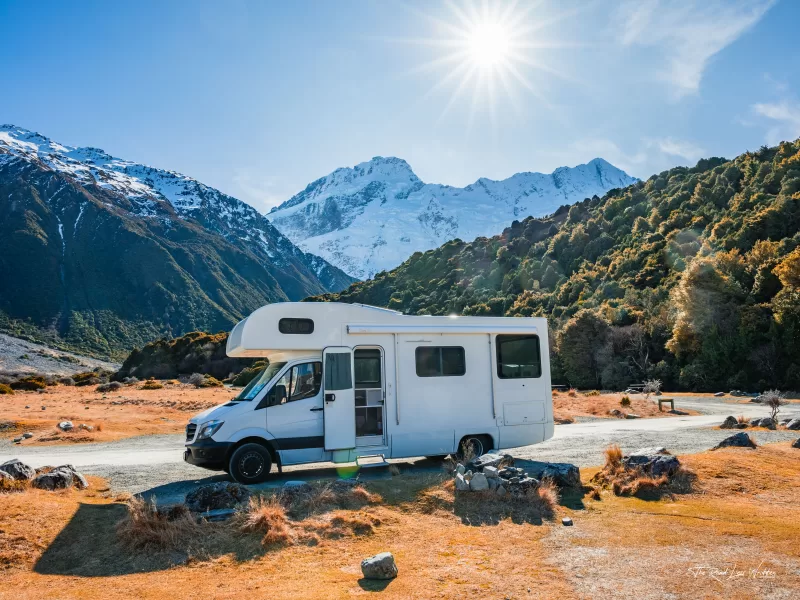
Ever rocked up to an almost completely empty campsite found the perfect spot away from all the other campers and gone to open your awning, only to find someone's rocked up shortly after you and parked RIGHT NEXT TO YOU?!
It's so frustrating that some people don't understand how to space out their sites when freedom camping. You start by giving everyone plenty of space and letting it fill up from there. Often freedom camping sites will fill up and you will have people close to you, but sometimes they also remain fairly empty. If you rock up to a relatively empty site, don't be the person that parks right next to someone. We all like our space, and we really don't want to hear each other's music and other activities during the night.
That leads us to our next point of keeping it down when it starts getting late. Obviously enjoy the campsite however you like, but try not to have your music blasting or loud conversations outside when everyone else is trying to sleep. This is especially important when camping in sites close to residential areas. As you can see, it's all really just about being respectful of other freedom campers and people living in the area.
Be Mindful of Your Rubbish
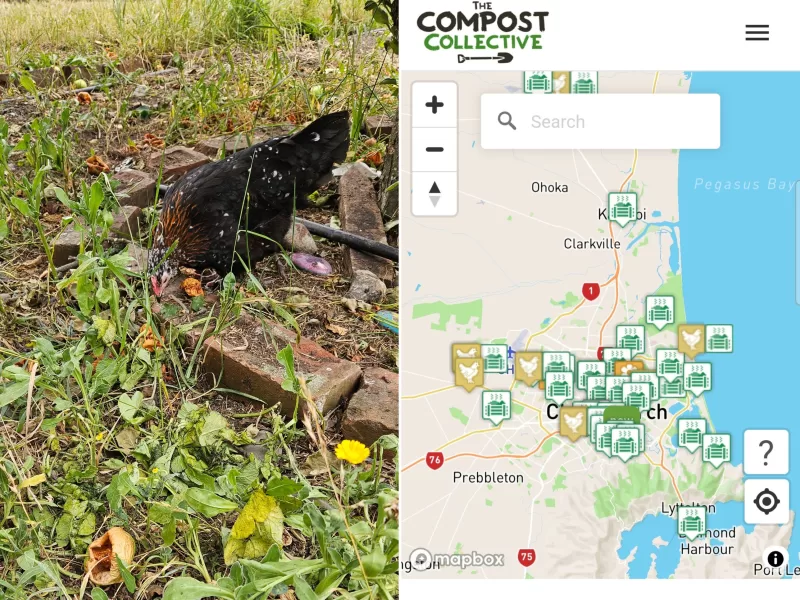
If you are aiming to be a conscious vanlifer, that also means taking your own rubbish with you when you leave a freedom camp. The concept of leave no trace applies here just as much as it does on a hiking trail. When freedom camps have bins, we need to be careful they aren't overfilled and that our rubbish is separated to ensure the least amount goes into landfill.
We have three rubbish bins in our van so that we can be as mindful of our waste as possible. One bin is for recyclables such as cardboard and glass bottles, one is for our compostable waste such as food scraps and the other is for everything else. Separating our waste means we can ensure it is disposed of correctly. The recycling we sort out again when we go to recycle it, glass goes into a separate bin to the cardboard and plastic recyclables.
Where we can, we try to take our compostables to somewhere they will actually be turned into compost. Some holiday parks have a compost bin, otherwise we utilise a community garden compost or find someone looking for food scraps on ShareWaste. Composting is a great way to reduce the carbon from your food scraps. Whilst it's harder to achieve in a van, it's not too time consuming to make sure your waste is going somewhere it can be used!
Reduce and Re-use Before you Recycle
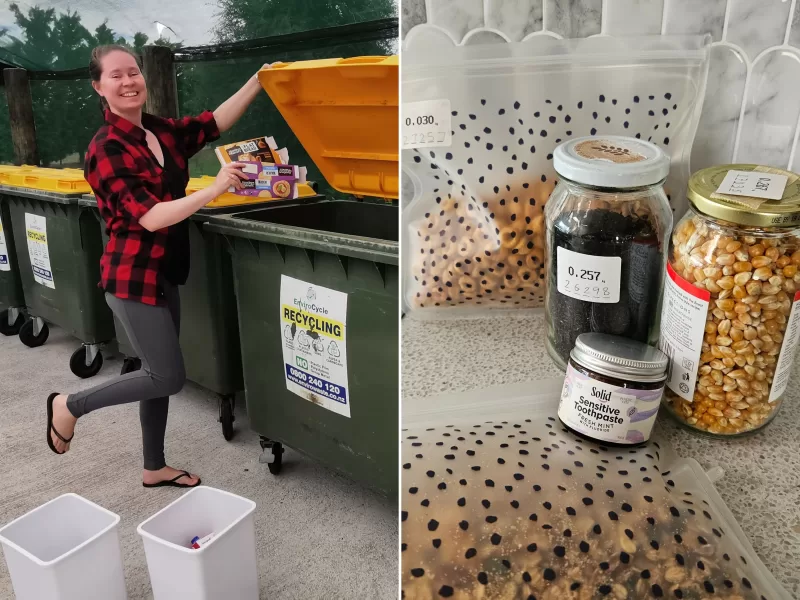
Being mindful of your rubbish also entails trying to minimise it before it goes into any bins. Start this journey small and slowly work your way to diminishing the rubbish in your bin each week. We started this by looking at what was going into our bins and where we could reduce our packaging. We've since each started using deodorant in a cardboard tube instead of in a plastic or glass container. When the deodorant is all used, the cardboard can go into the compost instead of landfill, where any other deodorant vessel would end up.
We've started buying food from container free stores such a Bin Inn in Aotearoa so we can use our own reusable containers for things like honey, olive oil, flour, grains etc. It's rather satisfying going to the shops with a bag full of empty containers (often glass jars we are reusing from things like sauces or jams) and returning to the van with all kinds of goodies that are healthy and environmentally friendly.
Another way we are reducing our impact is to reduce our food waste. A small fridge means it's already hard for things to get lost at the back and go off. However, it's still important to be aware of your food waste and keep it as low as possible. We stopped peeling things like carrots and potatoes, plan our meals around what's not been used and don't buy things if we aren't planning on using them soon. When we do peel potatoes, we chuck the skins in the air fryer and make potato skin chips!
Clean Up Where You Can
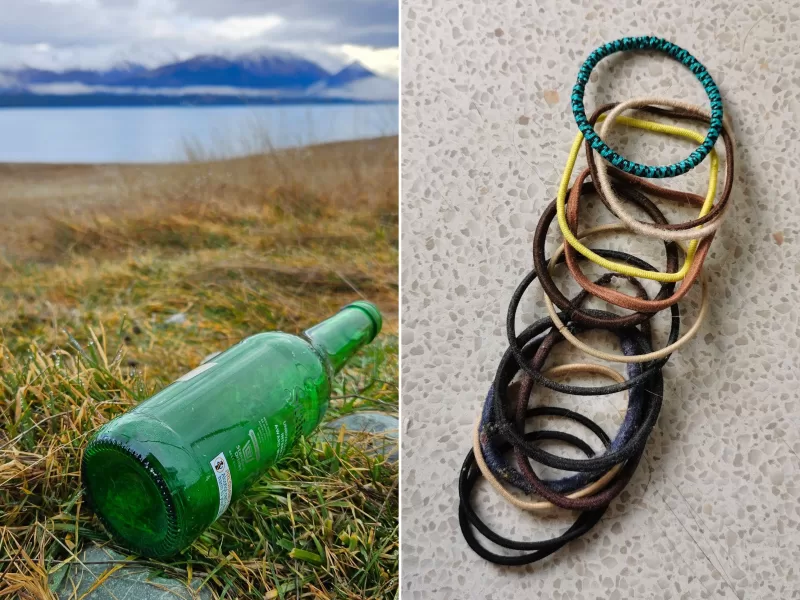
We've gotten into the habit of picking up rubbish where we are freedom camping. It's our little way of quietly saying not every vanlifer is inconsiderate. And yes, obviously not every vanlifer is like that. There are enough that we have a bad name and are even outright disliked and banned in certain towns and regions.
We want the places we get to stay for free to stay that way!
The best way to do that is to respect them and leave them better than we found them. It's such a simple act that literally takes five minutes. We've started doing this on hikes and wandering around towns and cities, too. One of the unexpected added bonuses of picking up trash as you walk past it is all the hair ties we have picked up off the street. We pop these into Nathan's back pocket and wash them before using them. Since doing this, we have realised we will never have to buy hair ties again! In just one day in Dunedin, we picked up 5 hair ties. We have Ethically Kate to thank for the hair tie tip!
Dump Responsibly
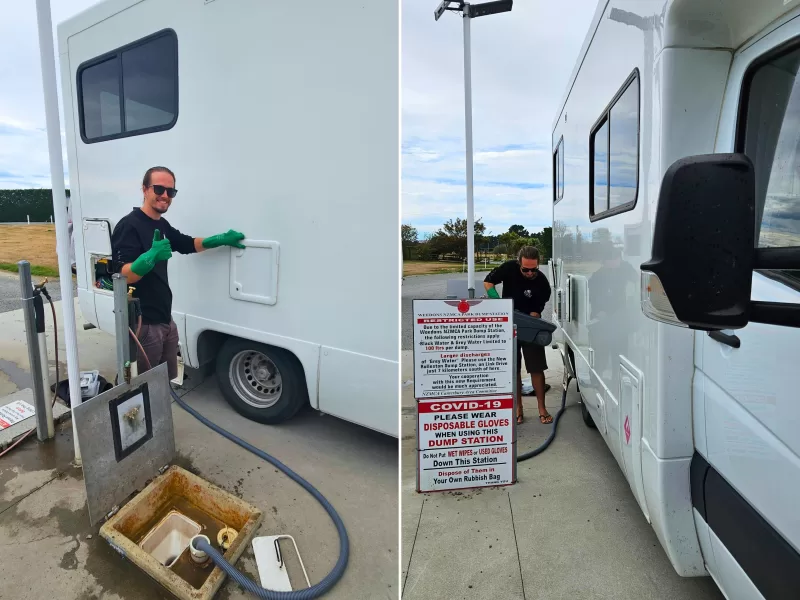
Don't be one of those people who empties their grey water where they camp. Don't be one of those people who brushes their teeth in the bush and spits their toothpaste and goodness knows what else into our precious native environment. And definitely don't be one of those people who uses the bush as a bathroom or tips their black waste down a drop toilet.
We have seen vanlifers do all the above, and it's appalling, disgusting and so incredibly bad for the environment.
There are so many dump stations available around New Zealand to properly dispose of your grey and black water. Please use them and nothing else to empty your van. Whilst we are at it, don't wash your clothes or dirty dishes in rivers or lakes either. Fresh water sources are greatly protected in New Zealand for both cultural, environmental and hygienic reasons, as many of the fresh-water lakes and rivers are used for drinking water.
PLEASE respect the land you are living on and dispose of all your waste water properly.
Help Each Other Out
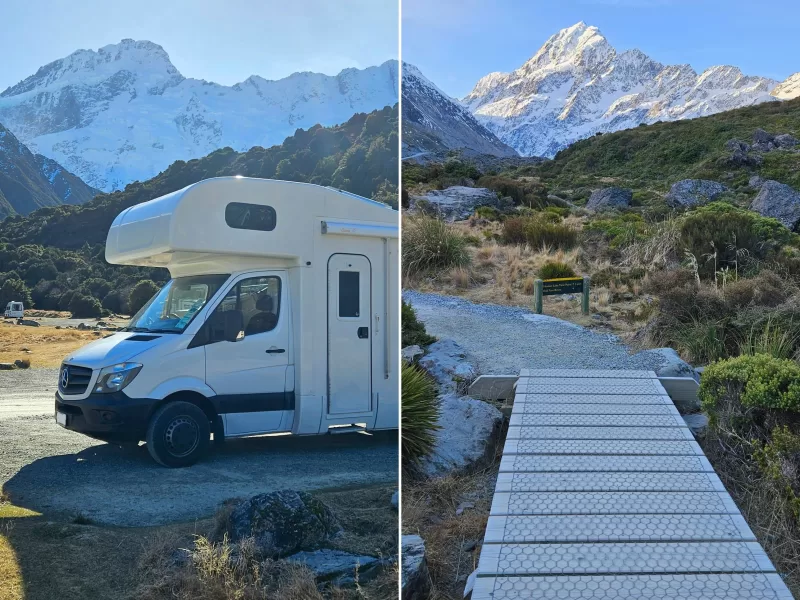
We absolutely love the community the surrounds vanlife. Often someone will come up to you and just start chatting. People look out for each other and make sure we are all ok and safe. Where we can, we try to help others out as well. We have two doonas, one for summer and one for winter, but we only ever use one at a time.
Occasionally, we have lent our extra doona to a fellow camper to get them through the night. The most notable case of this is when we lent it to a person staying in a rooftop tent in early September at the Hooker Valley DOC site. A campsite literally at the base of snow-capped mountains!
Whether it's lending a doona, lending advice or passing on food you'll no longer use (another great way to avoid food waste and make someone's day in the process), we love how the vanlife community helps each other out.
Don't Be A Baby
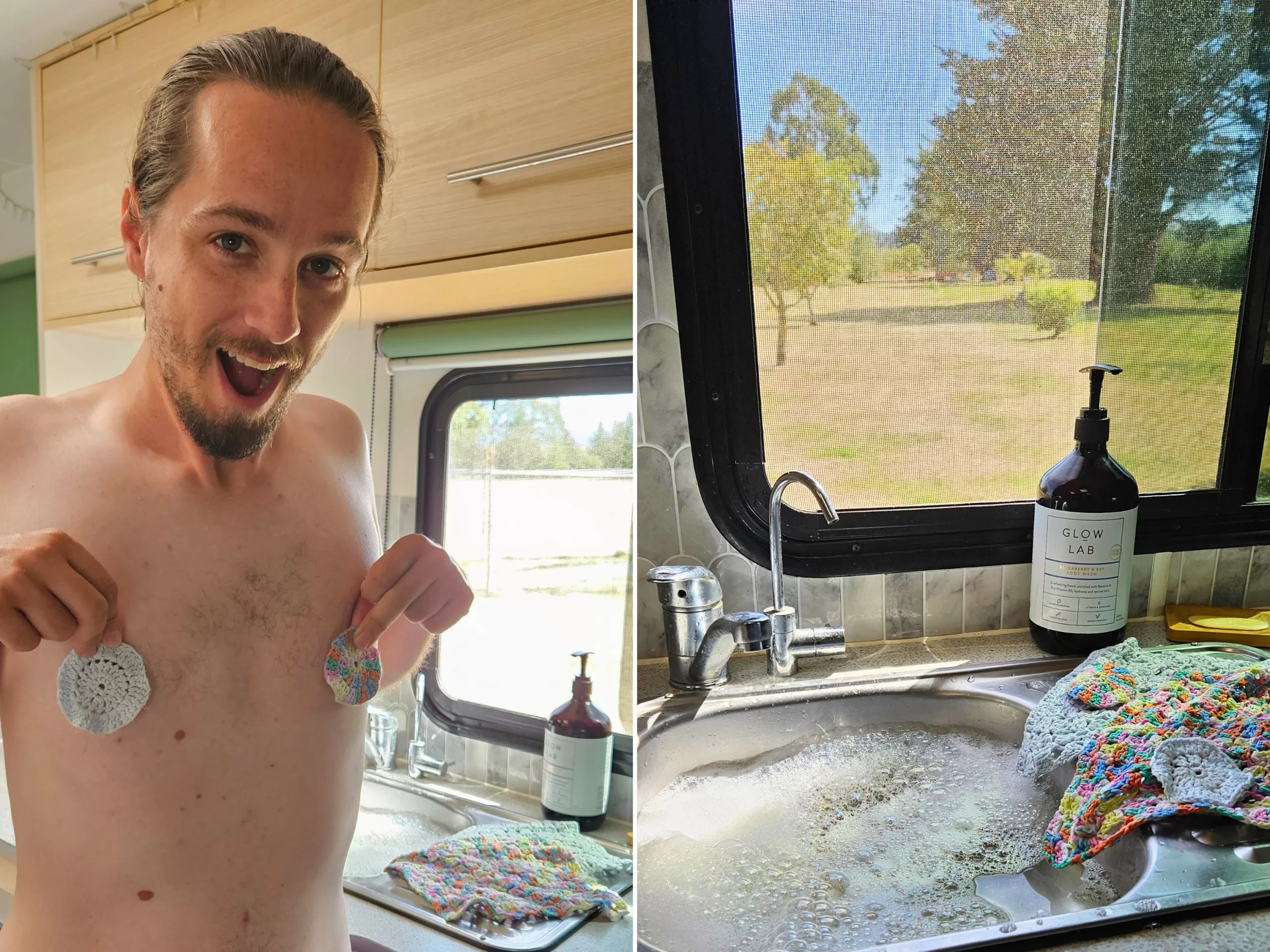
We have absolutely no idea why baby wipes are such a common way of cleaning yourself in the vanlife community. They are single use, come in plastic and are not cheap. Bad for the environment and bad for your budget. Yet they seem to be the most common way people recommend for staying clean and hygienic on the road.
If you have a sink (you kind of need one to be self contained so we are pretty confident you'd have one) then you have a cheap, environmentally friendly way of washing yourself. Use a cloth and make yourself, what we call, a sink bath. We make some warm water by boiling the kettle (use the leftovers for a cuppa before bed!) and adding cold water from the tap. Add some soap, mix it up to get some bubbles and 'sponge' yourself down with your cloth. It's a simple and very effective way to stay clean on the road without costing the earth.
Extra eco points if you use a bar of soap or soap in a refillable container topped up at bulk stores!
Walk, Ride or Bus Before You Drive
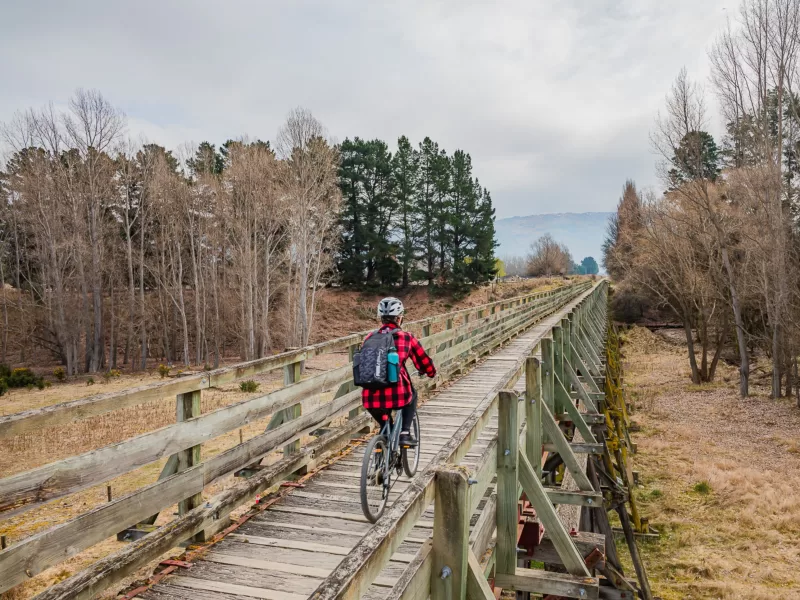
The vision of vanlife kind of implies that you drive everywhere. For some people, this is definitely the case. However, it's not the way to make your vanlife environmentally friendly. The less you drive, the fewer emissions you have. To cut down on our driving, we limit our small trips in the van. It's not hard to do and makes a big difference to the planet and your wallet!
We park up in a town and then ride to the shops, dinner or the places we are sight seeing. If the distance from our campsite is short, we'll walk instead. Then there is the option of public transport in the bigger towns and cities. If you are in Aotearoa, just make sure to have cash. Not every bus takes card, and each town has their own version of a bus card.
All these alternative ways of traveling are a great way to experience the place you are in like a local and enjoy the natural environment too. We often stumble across little hidden shops or parks that we wouldn't get to see if we drove into town.
Carbon Offset Your Van
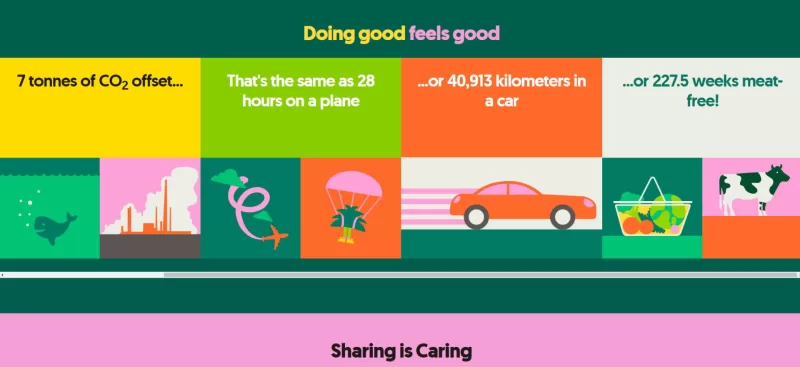
It's kind of hard to figure out how much of an impact vanlife has on the environment. On the one hand, we don't use electricity, are more mindful of our water usage and have considerably reduced our waste since we started living in a van. HOWEVER, we also now drive our house around and instead of using petrol like we did when we had a car, we are using diesel, which is definitely worse than petrol (not that petrol is that good). There are a lot of conflicting things which make it hard to figure out how big of an impact you are actually having with vanlife or any lifestyle for that matter.
To help make extra sure we are doing all we can to look after the environment we love to explore, we are carbon offsetting our vanlife. Doing this as well as all the above is just an extra way to do good. We have recently come across GoodyGood, a New Zealand carbon offset company for the everyday kiwi.
We carbon offset our flights, so why not carbon offset our lifestyle too? We are currently on their Mix Tape plan at $9 a week to offset 12 tonnes of CO2 in a year. They also have one off purchase to offset parts of your life like a summer's worth of BBQs or offsetting your week! The one off purchases make for a great way to see what its like without committing to the subscription. They also make for great eco-friendly gifts.
As our Friends at GoodyGood say 'When it comes to climate action, more is more' and we couldn't agree more!
You can check out our GoodyGood profile here to see what it's all about. Use the code ROADLESSWRITTEN to get a handy $10 off your first order. Why not carbon offset your week, your cooking in the van or the kilometers you drive?
With these tips, it's important to remember that they are habits to pick up along the road. Don't stop with just one, don't even stop with this list!
Like all of your adventures, this too is a continuing journey that we need to keep building on. There is no box you can tick to be the most eco-conscious vanlifers, you just keep getting better and learning new ways of living, reaching higher goals as you go. It's a journey but it's rewarding to watch your eco-conscious habits build up! One of the most satisfying things we've found is watching our rubbish get smaller as our use of plastic decreases.
Enjoy the process and look back now and then to see how far you've come. Everyone's journey down this eco-conscious road will be a little different, but that's the best part! It wouldn't be The Road Less Written if they were all the same.
Let us know where your eco-conscious vanlife and travel roads have taken you either below or on our socials. We'd love to hear about your journey too!
Keen for more inspo? Be sure to check out:
- Eco-Conscious Travel Tips That Anyone Can Implement
- 6 Steps for Eco Conscious Travel
- How Eco-Friendly is Vanlife?
